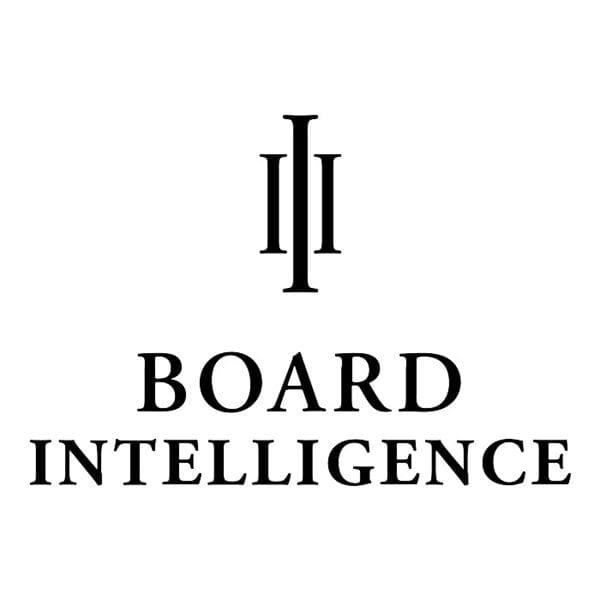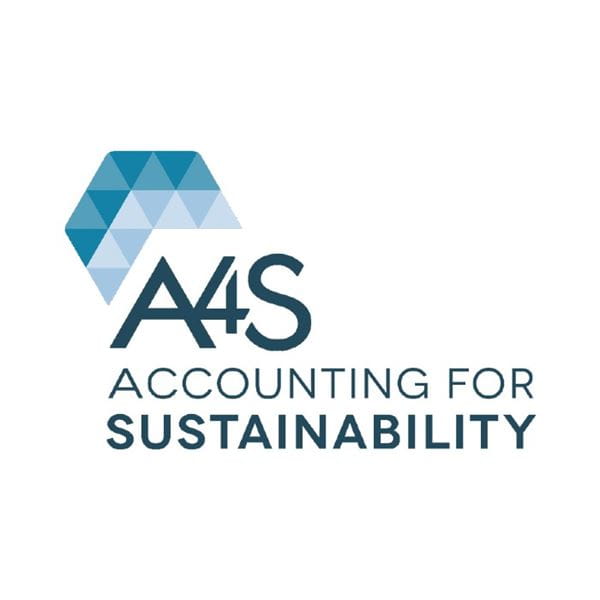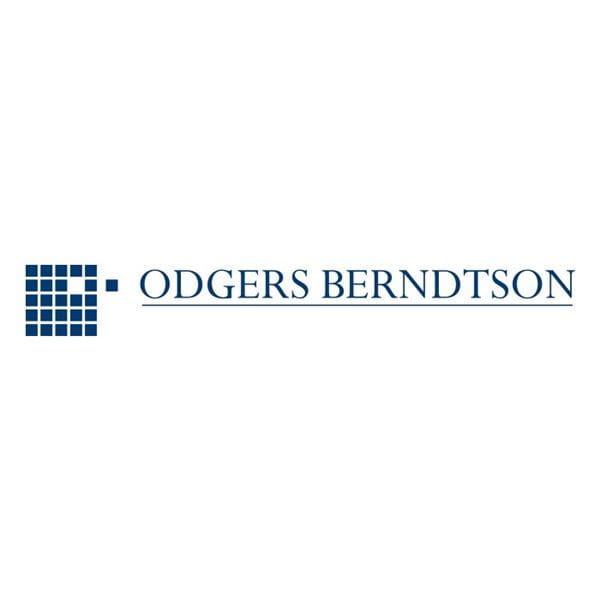
What social and economic issues are keeping you awake at night?
Financial services businesses tend to thrive in stable political and macroeconomic environments, and we don’t have either of those right now. Most asset markets fell by 20% last year. Attracting and retaining clients becomes more difficult as people are unwilling to invest in a falling market. I’m also worried about it from a human angle –the conflict in Europe is devastating. We don’t get involved in politics in financial services, but it’s clearly a key driver of the macroeconomic environment we operate in and contributes heavily to its instability.
Specifically in our sector, there is a huge gap in the UK for affordable and sensible financial planning, which means many people simply don’t have a plan. In the late 1990s and early 2000s there were over 300,000 financial advisors – today there are 27,000. This was the result of changes brought about by the FCA to boost transparency and visibility, but this has had the unfortunate impact of ensuring there simply aren’t enough advisors and making challenges around hiring increasingly difficult. Like so many businesses, recruiting at every level is a challenge.
What can businesses do to address these problems?
Our corporate purpose is driven by our core offering, which is financial planning. Our mission is to make a positive impact and change lives. We’ve been very thoughtful about the way we implement our purpose: we place our customers at the heart of everything we do. In pursuit of this and a positive impact, we decided to sign up to the Good Business Charter, which breaks good business down into ten components which are holistic and comprehensive – you have to meet all ten components to achieve accredited membership.
We’re also an accredited living wage employer, we’ve done work this year to improve our employees’ terms and conditions, and created an employee council to make sure we have the right level of employee representation. The financial services sector’s reputation has been bad in the past; the best way to counter that is to differentiate yourself as a business that is reliable and responsible. That process forced us to be introspective and change our business – as a result, we are a much better business today, and I’m proud of what we have achieved.
What’s uniquely within the gift of the CFO?
There is a deep sense of personal responsibility - you have a unique place at the board table and you can be a voice for the communities that you serve. Every CFO will do that with a different flavour. As CFO, you’ve obviously got your functional responsibilities, but that’s never enough – a great CFO isn’t just a great accountant. There’s so much more. One of the joys of the role is that with a good CEO and board you get an opportunity to use the power of your position to drive change. I think that’s an increasingly important part of the role – not just for CFOs. Any board director or executive should be doing the same.
One of the most important things the CFO can do is not to view things like responsible business as merely a marketing initiative or as something for the CEO to drive – it's crucial that there’s a financial voice in there driving those values through.
Internally, we phrase this as, ‘What do you do beyond your day job that makes a difference?’ For example, this can be things like executive sponsorship for internal networks – and as CFO, where you can really make a difference is to go out there and fight for the budgets to ensure things that make a difference are properly funded and resourced.
To what extent have you seen the role of the CFO broaden to include non-financial metrics?
In previous roles, I felt like I owned the numbers, but not always the narrative. Today, I feel like I own the numbers, the financial narrative, but also the strategic narrative in reporting and increasingly across ESG.
As a financial services business, we’re facing an ever-growing drumbeat of demand from clients for data around ESG; customers asking if we’re acting as a good custodian of their money. We’re also seeing external interest with things like the Task Force on Climate-related Financial Disclosures, and the ISSB. This coming wave of mandates – even though it doesn’t apply to us yet – means we’re looking to get ahead of it, and apply the rigor of accountancy to our ESG data.
We’ve developed three lines of reporting: the reporting we do for funds; the reporting we do for the business and statutory reporting; and our Corporate Social Responsibility reporting. On this, we produce an annual responsible business report that covers everything from carbon emissions through to the impact our employees have had themselves by volunteering.
How are you going about that in your organisation?
Part of the new art of being a CFO is pulling out what matters, you have to crisply summarise things. And that’s so easy to say and so hard to do. You need to be able to condense the financials in a two-page executive summary. You need to be able to boil a business down to six bullet points, and writing those six bullet points might take you three days. I think something that every CFO would recognize is the feeling you’re drowning in data – there is so much information from so many sources.
There seems to be an ongoing debate or challenge in organisations about where data should sit, who should own it and how do you take data from information to insight? We’ve found you need the right mix – you need the people with the sharp end of data science knowledge, alongside those who can make sense of the numbers and what the data means. If you don’t do that you can risk having massive strength in terms of understanding data, capturing data, and measuring and monitoring data, but it just being a lot of information. The perennial challenge is taking data, to information, to insight, to action.
How CFOs create a fairer future
Read more interviews on how the CFO role is changing and access our toolkit to support CFOs navigate the new demands they're facing.

Our partners
- Net zero is a chance to say yes
- The power to instigate change lies with corporates
- We’re trying to make sure that what we say aligns exactly with what we do
- The perennial challenge is taking data to information, to insight, to action
- One of the greatest challenges is making sense of that data so you can communicate it






